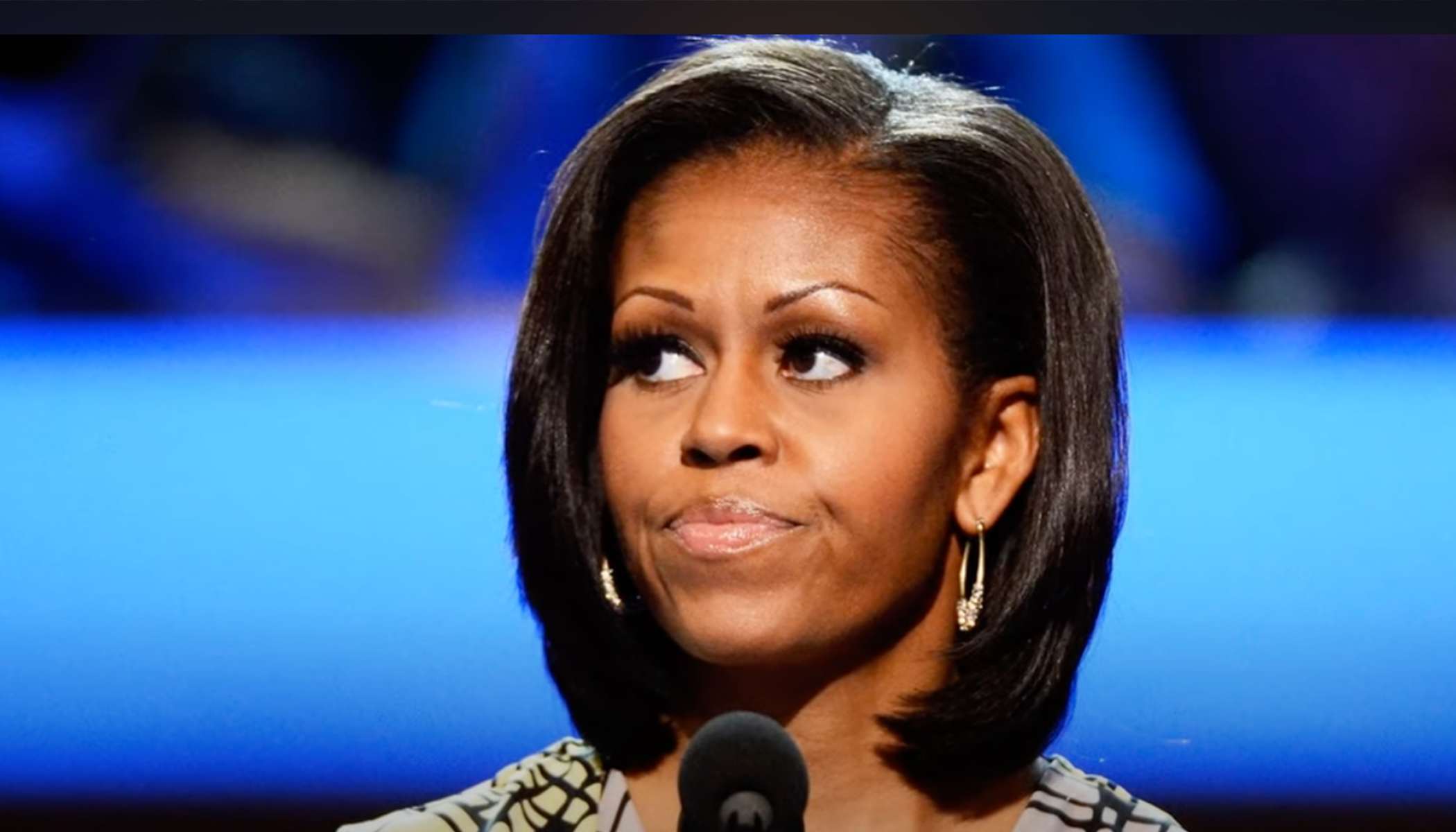Republican Commentator Questions Obama's Impact On Democrats
Republican commentator Scott Jennings recently voiced his doubts about Michelle Obama's efficacy as a key figure in the Democratic Party during a lively debate on a CNN panel. The discussion comes at an essential time for the Democrats as they grapple with persistent messaging difficulties in the wake of recent elections.
According to the Daily Mail, Jennings' comments spurred a heated debate on the panel, with other participants offering varying perspectives on Obama's influence and role within the party.
Jennings, appearing on CNN's "NewsNight" on Monday, questioned whether Michelle Obama could truly address the Democrats' ongoing communication challenges. As the Democratic Party searches for new strategies, Michelle Obama's recent endeavors, including her new podcast with her brother Craig Robinson, were discussed as potential solutions. However, Jennings was skeptical, suggesting that relying on Obama might not be the answer.
Jennings Critically Assesses Obama's Influence
While some panelists praised Obama as a powerful and authentic voice, Jennings contended that her political influence might be overstated. Citing Obama's involvement in the campaigns of Joe Biden and Kamala Harris, Jennings argued that these efforts did not achieve the desired results. He pointed out, "They put in Harris, they ran the campaign, she campaigned for him, and it was a total failure."
Other panelists, including Ana Navarro, Dan Koh, and Abby Phillip, lauded Obama as an influential figure. Navarro described Obama as "living her best life," while Koh emphasized her authenticity and realness. Phillip questioned who could serve as a better messenger than Obama, given her trusted status within the party.
Nonetheless, Jennings continued to express doubt, questioning the effectiveness of the Democratic strategies that Obama's past political efforts supported. He observed, "Yet somehow Donald Trump still won," leading him to rethink the idea that she could be the solution for the party's future.
Diverse Opinions Highlight Democratic Challenges
Throughout the discussion, Jennings maintained a critical stance on whether any single politician, including Michelle Obama, could be the Democratic Party's saving grace. He noted, "I'm rethinking the premise of that, 'She's the answer to the future, or that any politician is the answer to the Democratic party.'" The conversation further highlighted the broader discourse about the Democrats' overall direction and strategy.
Van Lathan Jr. and other panelists were supportive of Obama, providing a counterbalance to Jennings' critiques. Meanwhile, in a separate discussion on CNN's "Newsroom," Van Jones expressed his frustrations with the Democratic Party's internal struggles. Jones shared his concerns about the party defending an unpopular status quo, lamenting the current strategy and the resultant discord.
Obama's New Podcast And Future Prospects
Michelle Obama announced her new podcast, IMO - In My Opinion, which will premiere on Wednesday, amid debates about her role. She mentioned the podcast, featuring discussions with her brother Craig Robinson, as a potential avenue to continue engaging with and influencing the public.
As these discussions unfolded, reports emerged that Jennings is negotiating a new contract with CNN. These negotiations include the possibility of pay raises, further underscoring Jennings' rising profile as a commentator known for challenging prevailing narratives.
This multifaceted discussion about Michelle Obama's role exemplifies the broader challenge within the Democratic Party: finding unifying figures and messages that resonate widely. As Democrats strive to define their messaging strategy, the contrasting opinions highlighted during the CNN panel underscore the complexity of the current political landscape.
In navigating these challenges, panelists and commentators alike continue to reflect on the path forward, weighing the potential benefits and limitations of various party figures, including Michelle Obama. This ongoing discourse is likely to shape not only the party's strategies but also the broader political dialogue as the next election cycle approaches.






